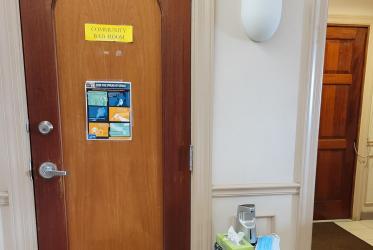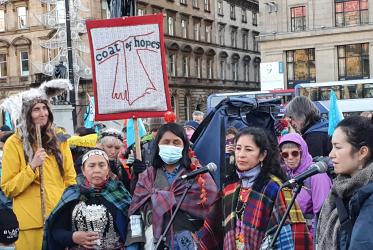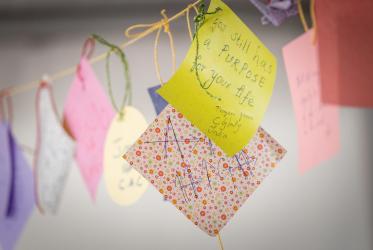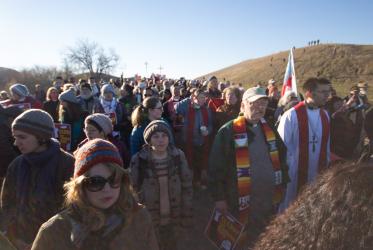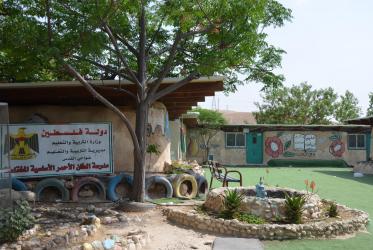Displaying 21 - 40 of 109
“Bathroom ministry” for the homeless
14 December 2021
Youth amplify #NoDAPL movement in Standing Rock
22 April 2021
Bedouins of Pope’s Hill fight eviction
30 March 2021
Palestinian Christian peace worker yearns for courageous leaders
10 December 2020





